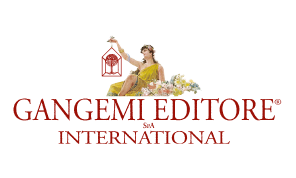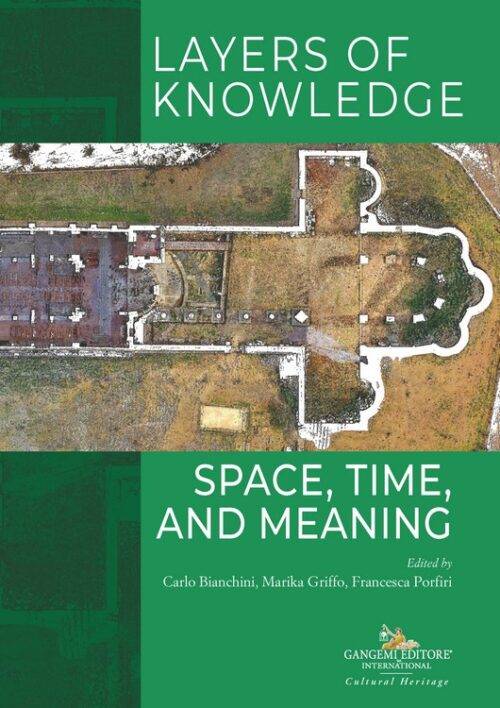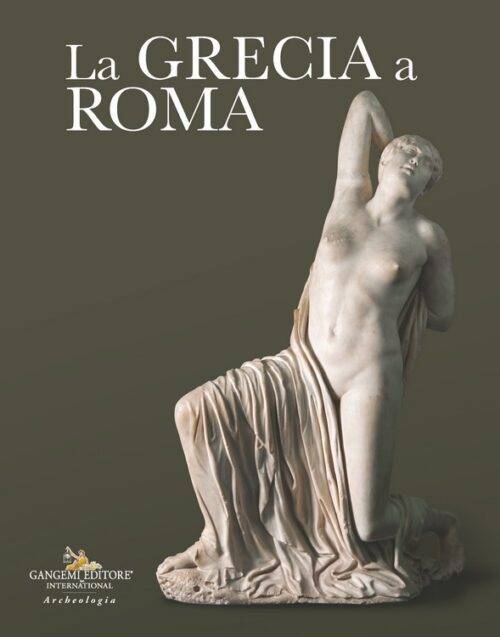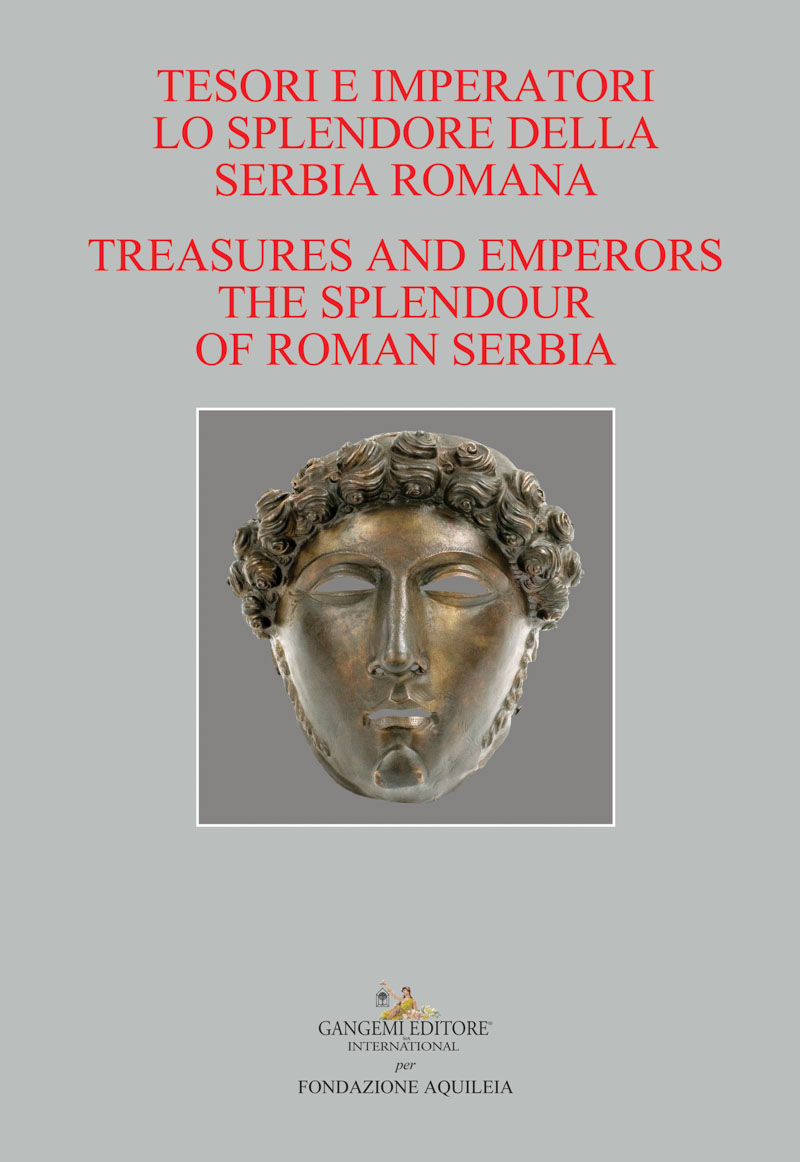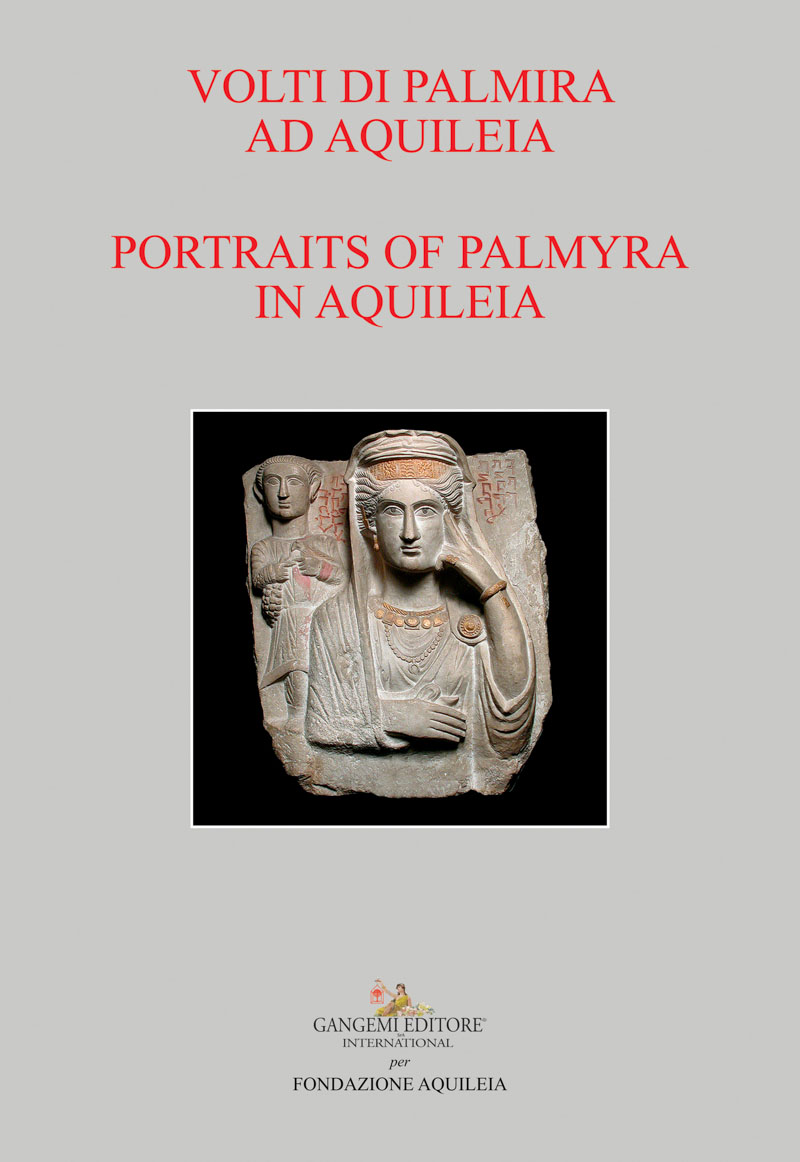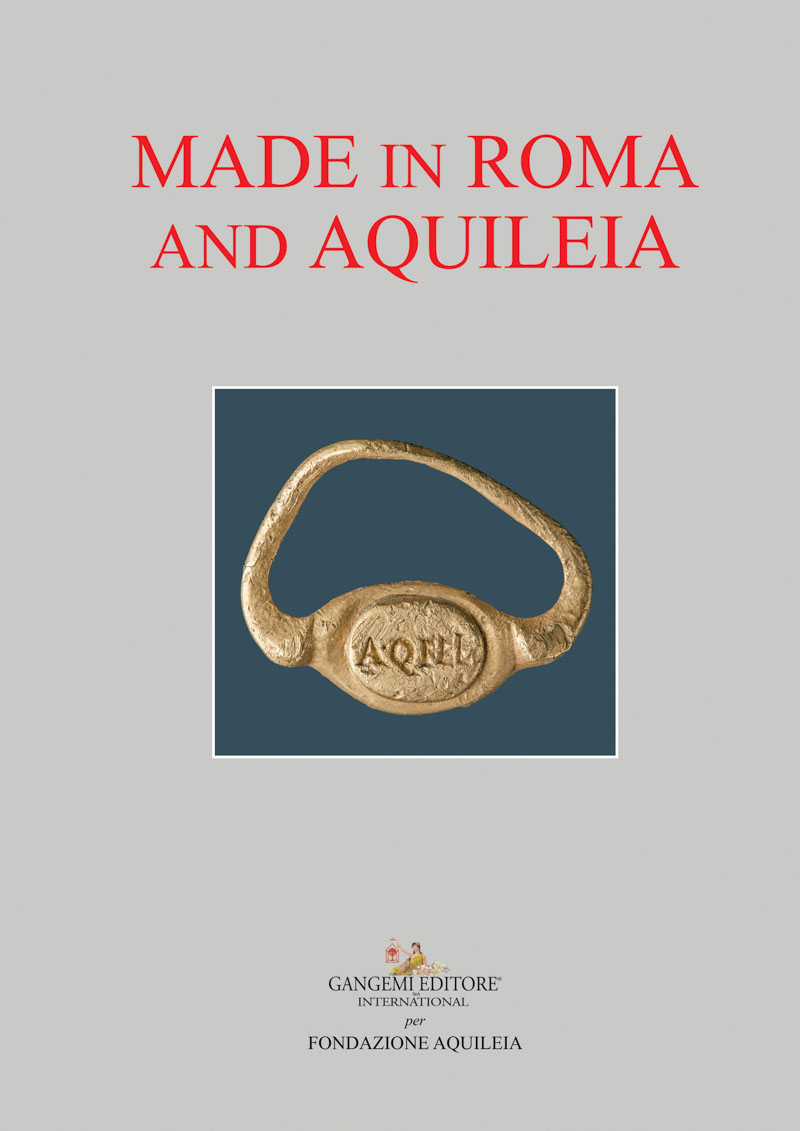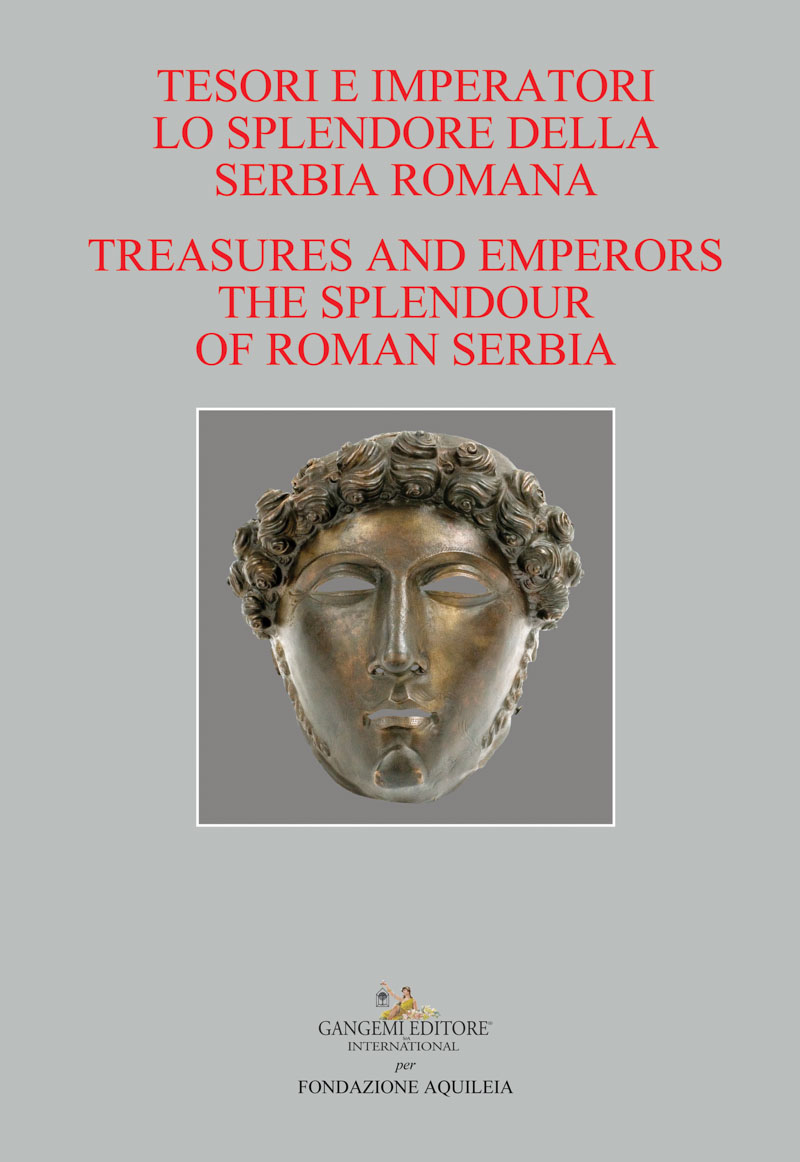
26,00 €
Potrebbero interessarti anche
Tesori e Imperatori – Treasures and Emperors
Lo Splendore della Serbia Romana - The Splendour of Roman Serbia
A cura di: Tiussi Cristiano
Facing English text
Formato: 21 x 30,5 cm
Legatura: Filorefe
Pagine: 192
Anno edizione: 2018
ISBN: 9788849235821
EAN: 9788849235821
UB. INT. : T509B V14a V42h
Contenuto
Catalogo della mostra presso Aquileia (Ud), Palazzo Meizlik dal 10 marzo al 3 giugno 2018
Fortezze, residenze imperiali, prosperi quartieri urbani, commerci fiorenti, convivenza di culture e segni dei diversi influssi religiosi e delle nuove sensibilità provenienti da Roma e da Oriente: sono questi gli elementi di fondo a cui pensiamo quando parliamo di “splendore della Serbia romana”, una terra che conobbe uno sviluppo eccezionale nel III e IV secolo ed in cui nacquero ben 17 o 18 Imperatori, da Ostiliano a Costanzo III, passando attraverso Costantino il Grande, nativo di Naissus (Niš). Un territorio che vide sorgere grandiose ville imperiali, come quella di Felix Romuliana, oggi Gamzigrad, o nuovi centri, che nel caso di Sirmium, oggi Sremska Mitrovica, potevano includere la presenza di un circo, elemento che trasformava un agglomerato urbano in grande e importante città.
Continuando il percorso culturale già intrapreso con le mostre del ciclo “Archeologia Ferita”, con questa esposizione in Palazzo Meizlik ad Aquileia vengono esposti sessanta preziosi reperti, provenienti dal Museo Nazionale di Belgrado e da altri musei serbi, che illustrano e raccontano la storia della Serbia romana.
Un territorio che sotto il dominio di Roma era diviso tra tre province, ma che fu contraddistinto da comuni esigenze strategiche e militari, che comportarono il potenziamento del sistema di difesa del limes danubiano, e da un prepotente sviluppo dei centri urbani e di altre località periferiche, che avevano dato i natali ad un numero consistente di imperatori tra il III e il V secolo e per questo motivo erano stati omaggiati con la costruzione delle loro maestose residenze.
Exhibition catalog – Aquileia (Ud), Palazzo Meizlik. March 10th – June 3rd 2018
Strongholds, imperial palaces, wealthy city districts, thriving trades, a melting pot of civilizations and the signs of the different religious influences and of the new inspirations coming from Rome and from the East: all these images come to our mind when we think of the “splendour of Roman Serbia”. These territories enjoyed an extraordinary growth between the 3rd and 4th centuries, and were homeland to as many as 17 or 18 emperors, from Hostilian to Constantius III, including Constantine the Great, who was born in Naissus (Niš). Serbia saw the rise of monumental imperial residences, like Felix Romuliana, today’s Gamzigrad, and of new cities, like Sirmium, now Sremska Mitrovica, which included a circus, a sign that the earlier urban settlement had grown into an important metropolis.
As a further step in the path of the project “Wounded Archaeology”, with this new exhibition in Palazzo Meizlik in Aquileia sixty precious artefacts from the National Museum of Belgrade and other Serbian museums are exhibited to tell the history of Roman Serbia. While the territory of present-day Serbia fell into three different Roman provinces, it was affected by the same strategic and military needs, which caused the strengthening of the defensive system on the Danube boundary and the powerful growth of the urban centres and of other peripheral settlements. A large share of the Roman emperors who ruled between the 3rd and 4th centuries were native from those places, which they honoured with the construction of impressive residences.
Parole chiave
Condividi su
